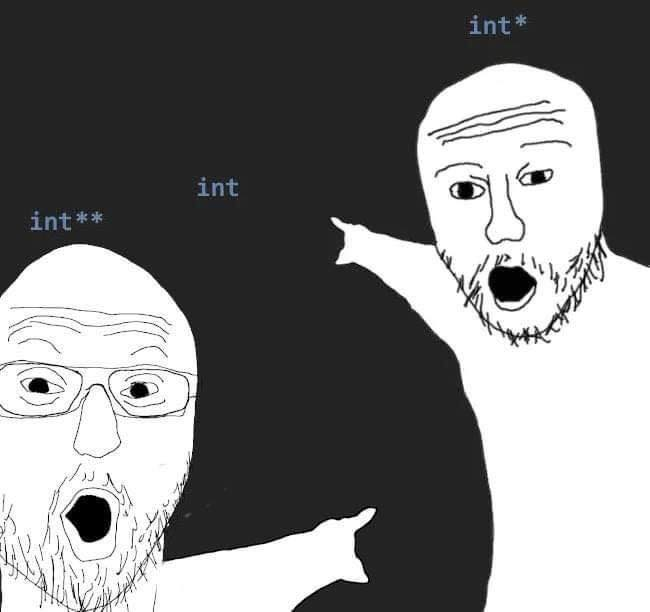Shouldn’t
updatecome beforeupgrade?Pacman sucks ass and this is a hill I will die on. Sure, it’s fast, but there’s such a thing as too fast. Like when I was updating the system once and it decided to delete bash to replace it, but it couldn’t replace it because bash was gone already and my shell died since that’s what I was logging in with. Oops! System is completely unusable now, got to reinstall arch again, because pacman pulls stunts like this.
There’s no way that’s true, right? Surely, the program would be smarter?
You would think that, but it happened to me several times over the course of about five years, with different parts of the core of the os. Granted, this was back when arch was in its infancy, before systemd was even a thing, so pacman may be smarter now. But I’ve completely written it off since it happened so many times. And reinstalling arch back them took the better part of a weekend, so it’s not like it was an easy fix.
Fedora: sudo dnf update, type the letter y, done.
I don’t understand why apt still has update and upgrade as two separate things.
Sometimes you just wanna see what’s out there
You can have a separate refresh/update command and still make the upgrade-command auto-refresh.
(You can also have a
--no-refreshflag on the upgrade-command, in case you don’t want the refresh for whatever reason.)
deleted by creator
I use informant which in theory fixed this but even then there is an issue on it about some things happening earlier in pacman than the transaction hook it uses so… Bleh. This shit needs to be built into pacman itself, seriously.
Been using Arch since 2019, that has never happened to me. Apparently it’s all about the device behind the keyboard, not about pacman. 🤣
Using Debian as my main laptop distro, I am usually an arch user but figured with it being a light weight laptop I wouldn’t need arch, its been fine but installing updates can be frustrating, after a few weeks gnomes appstore breaks, then I need to use terminal to apt update, apt --fix-broken install.
Which Debian distribution are you using, stable, testing, unstable?
I take care of a couple machines for family members. Those have Debian stable with automatic update (unattended-upgrade). I can’t recall the system or packages ever breaking. At most users are a bit confused when an update change the UI a bit.
Sticking to stable and avoiding third party repos gives a pretty solid system. Only developers or sysadmins might consider Debian testing. Only people working on Debian itself should use unstable.
topgrade --no-retry --cleanup --yes--noconfirmguix upgraderpm-ostree upgrade && rebootguix pull . . . . guix upgrade
Using bluefin or bazzite it is automatic in the background and I don’t need to click anywhere or enter any command, I don’t even need to open the terminal.
sudo nala upgradeSudo dnf update
That’s ok you can finish it later
















